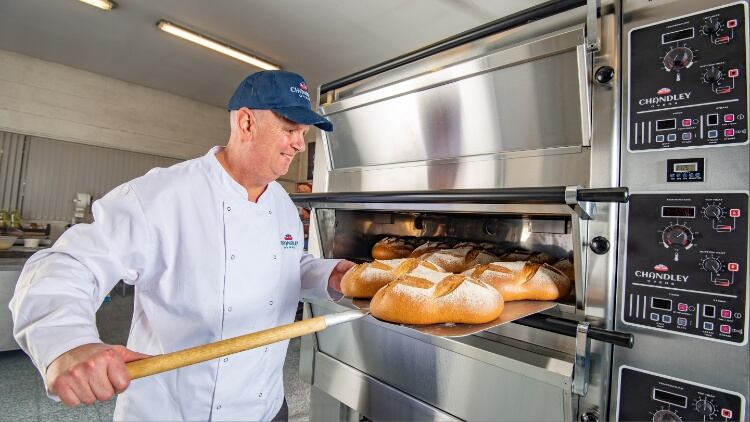With a new year comes new challenges, but also new opportunities for your business. Whether you are looking to implement efficiencies, or focus on achieving your growth goals, January is a great time to take stock and establish how you can succeed over the next 12 months and beyond.
For many UK businesses, Aptean’s 2024 food and beverage industry trends survey found that a top goal in 2024 onwards is to increase visibility, accuracy and rapid access to their data.
With the increased use of digital systems across food processing, manufacturing and distribution, from enterprise resource planning (ERP) and route planning software to scanners and robotics, industry leaders are keen to harness that information to help them make smarter decisions as quickly as possible.
And this is important, as 35% of businesses currently find it difficult to quickly obtain and analyse data on their business performance and efficiency, which is limiting their ability to quickly adapt to market changes and capitalise on growth and improvement opportunities.
Among the survey respondents, a third are looking to technology to help them achieve these goals and facilitate change.
But with ‘technology’ being such an expansive word, which technologies should you be looking to invest in as a business and how can they help you?
Product lifecycle management
A product lifecycle management (PLM) software system in its most basic form is an ordered way of managing a product’s entire journey.
It can provide you with a much clearer overview, enabling you to enhance new product development, as well as maintaining quality and compliance. This is because PLM software brings together all your data onto one platform, making it easy to access and inform your decision-making.
For example, Aptean’s solution offers an ingredient screening feature, which enables you to simplify your quality procedures to ensure that you remain compliant even if you need to quickly introduce new or substitute ingredients into your production.
Enterprise resource planning
ERP is one of those terms you’ll likely to hearing more and more about – but what does it actually mean?
Essentially, it’s a way of managing all your business processes – bringing each department, including financial, procurement, safety and IT, together onto one integrated platform.
By doing this, you’re creating a single source of truth with accurate and easy to access data collated in one place. So, you basically have a central system, where you can track ingredients throughout your supply chain, gain a clearer view of your inventory levels, and maintain compliance with digitised quality checks and faster product recalls.
You can hear more about this in Food Manufacture’s upcoming webinar on Strategies for Improving your Supply Chain Traceability, as our senior solution consultants manager offers his expertise alongside other industry representatives around current and emerging tech.
With 50% of UK businesses planning to invest in ERP software in 2024, it’s clear that this enhanced visibility is highly valued by food manufacturers, processors and distributors as a way of optimising their processes and hitting efficiency goals, like reduced wastage.
Business intelligence (BI)
The final toolset that can help to improve visibility is known as a business intelligence (BI) system.
Again, another slightly ambiguous sounding phrase – BI systems are simply a type of software that allow you to retrieve, analyse and report data.
For example, Aptean's business intelligence system enables food and beverage companies to standardise and consolidate their data and reporting processes across departments, making it easier to uncover the key insights they need to make strategic decisions quickly and confidently.
BI systems work best when integrated into ERP or PLM systems as they can utilise the accurate and regular data points that they collect and provide full financial and operational transparency for your business.
Getting started with technology
In an era where data has become commonplace across all aspects of our daily lives, being able to harness it quickly has become a key factor in the success of many companies.
For a business with no such tech-enabled within the site, the best way to get started is to understand your requirements, including current processes and challenges, where improvements need to be made and what you want to gain. Once you have done that, you should get in touch with a specialist software provider, such as Aptean, who can provide advice to help you understand the technology that would work best for you, and how it can be implemented into your business to achieve your goals.




